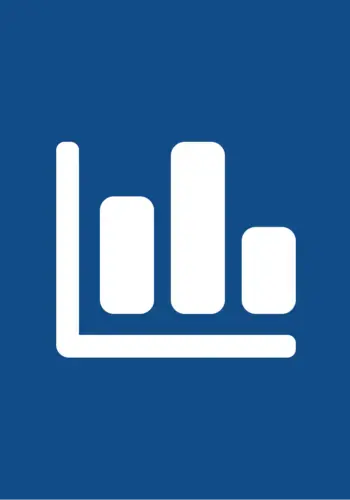Six years after Tunisia’s historic revolution, the first elected legislative body, the Assembly of People’s Representatives (parliament or ARP), as well as the executive branch, are striving to make the new-found democracy work. Despite the noteworthy gains of the revolution, such as freedom of expression, and multiple rounds of credible and transparent elections, public opinion research conducted by NDI in February 2017 shows that many Tunisians continue to wait for tangible reforms at the economic and social levels. The focus group resear
NDI’s research solicited Tunisian’s perspectives on the direction of the country and priorities that affect citizens' daily lives, the performance of the government, intentions to vote and awareness of draft laws, as well as new measures on the topics of corruption, the return of foreign fighters, and the decentralization process. While respondents lauded their burgeoning freedom to voice an opinion, the establishment of the basic pieces of democracy, and improvements in overall public security against terrorism, nearly all respondents also agreed that corruption is a significant challenge. Public institutions continue to be at the center of many concerns, and increasingly so in the areas of education, health care, and the judicial system. The economy was another area that respondents generally agreed was a major issue in Tunisia, with attention mostly on unemployment, especially youth unemployment, and inflation.

